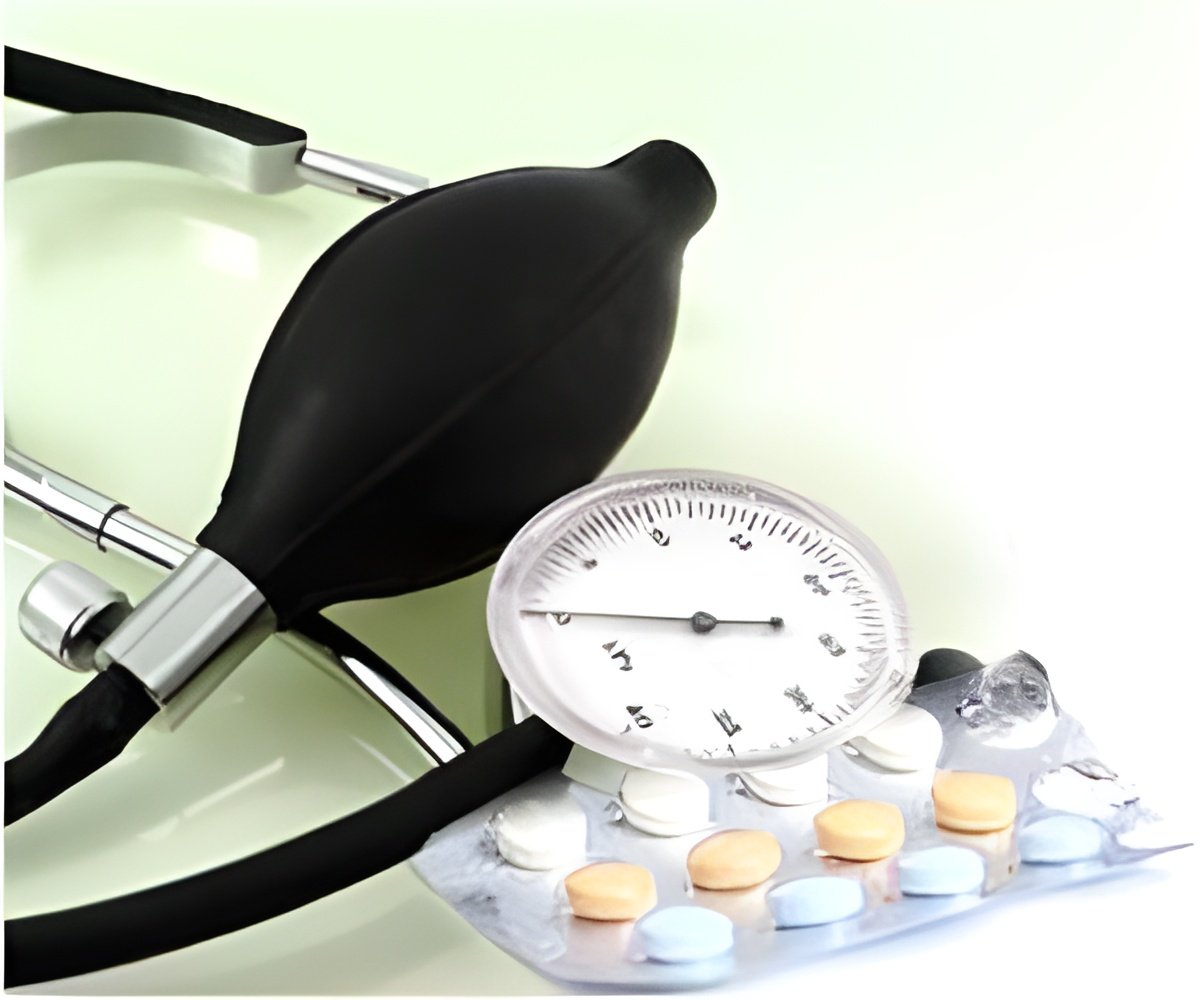
Focusing on how the physical and physiological properties of tumors can inhibit cancer therapies, Jain’s team previously found that losartan improves the distribution within tumors of relatively large molecules called nanomedicines by inhibiting the formation of collagen, a primary constituent of the extracellular matrix. The current study looked at whether losartan and other drugs that block the action of angiotensin – a hormone with many functions in the body – could release the elevated forces within tumors that compress and collapse internal blood vessels. These stresses are exerted when cancer-associated fibroblasts (CAFs) – specialized cells in the tumor microenvironment – proliferate and produce increased levels of both collagen and a gel-like substance called hyaluronan.
The team’s experiments in several mouse models showed that both collagen and hyaluronan are involved in the compression of blood vessels within tumors and that losartan inhibited production of both molecules by CAFs through reducing the activation and overall density of these cells. Compared with drugs called ACE inhibitors, which block angiotensin signaling in a different way, losartan and drugs of its class – termed angiotensin receptor blockers – appeared better at reducing compression within tumors. In models of breast and pancreatic cancer, treatment with losartan alone had little effect on tumor growth, but combining losartan with standard chemotherapy drugs delayed the growth of tumors and extended survival.
"Increasing tumor blood flow in the absence of anti-cancer drugs might actually accelerate tumor growth, but we believe that combining increased blood flow with chemotherapy, radiation therapy or immunotherapy will have beneficial results," explains Jain, the Cook Professor of Radiation Oncology (Tumor Biology) at Harvard Medical School. "Based on these findings in animal models, our colleagues at the MGH Cancer Center have initiated a clinical trial to test whether losartan can improve treatment outcomes in pancreatic cancer." Information on this trial is available at http://clinicaltrials.gov/show/NCT01821729.
Source-Eurekalert














